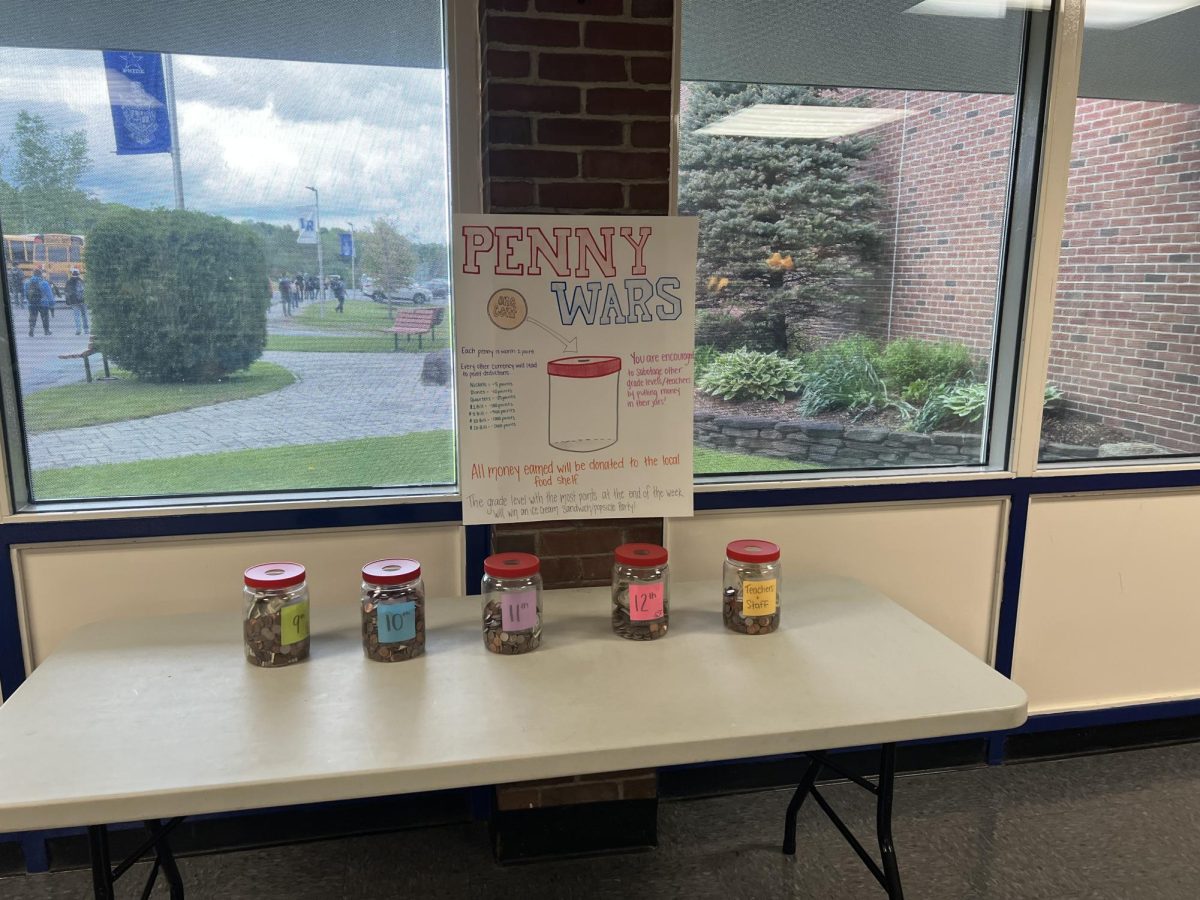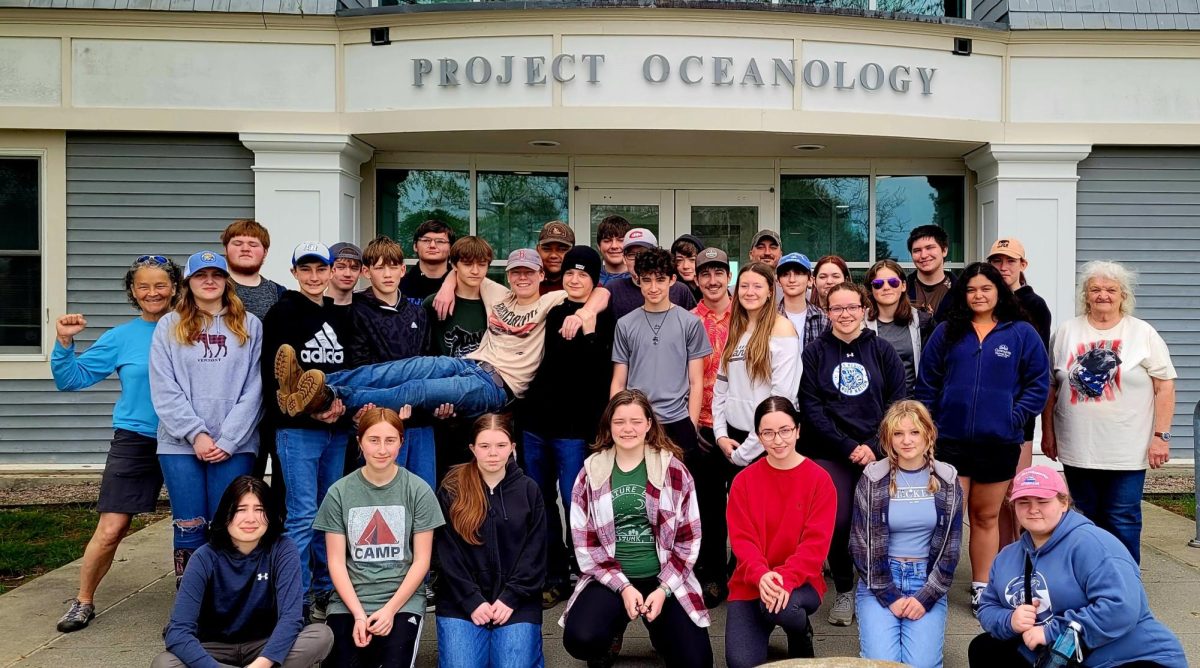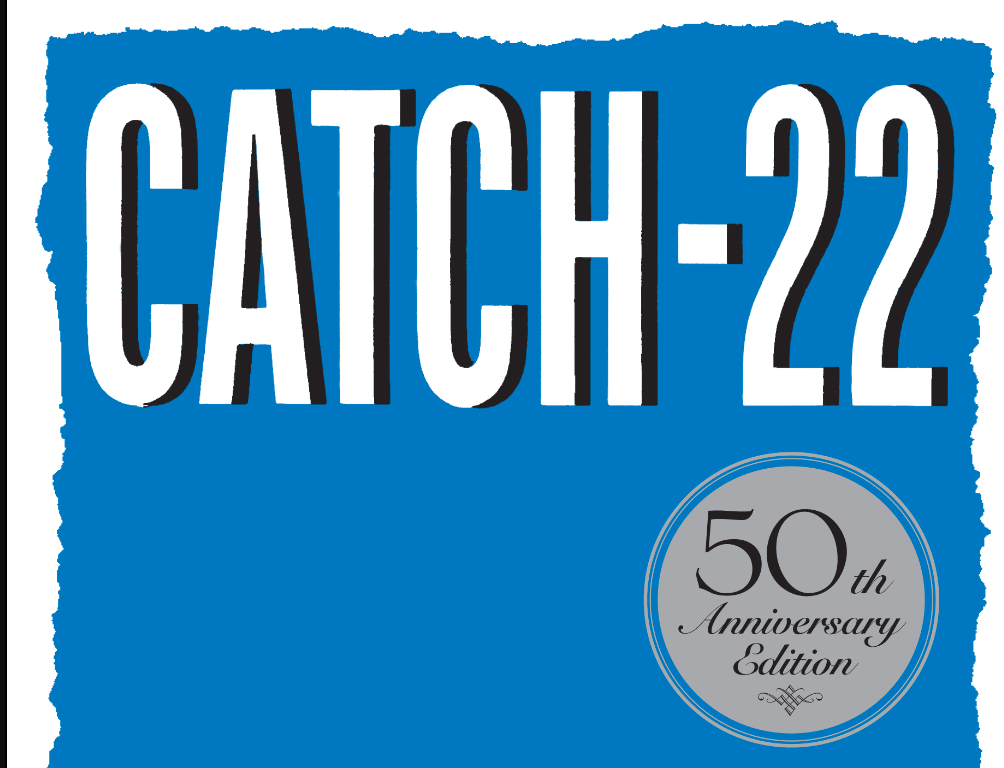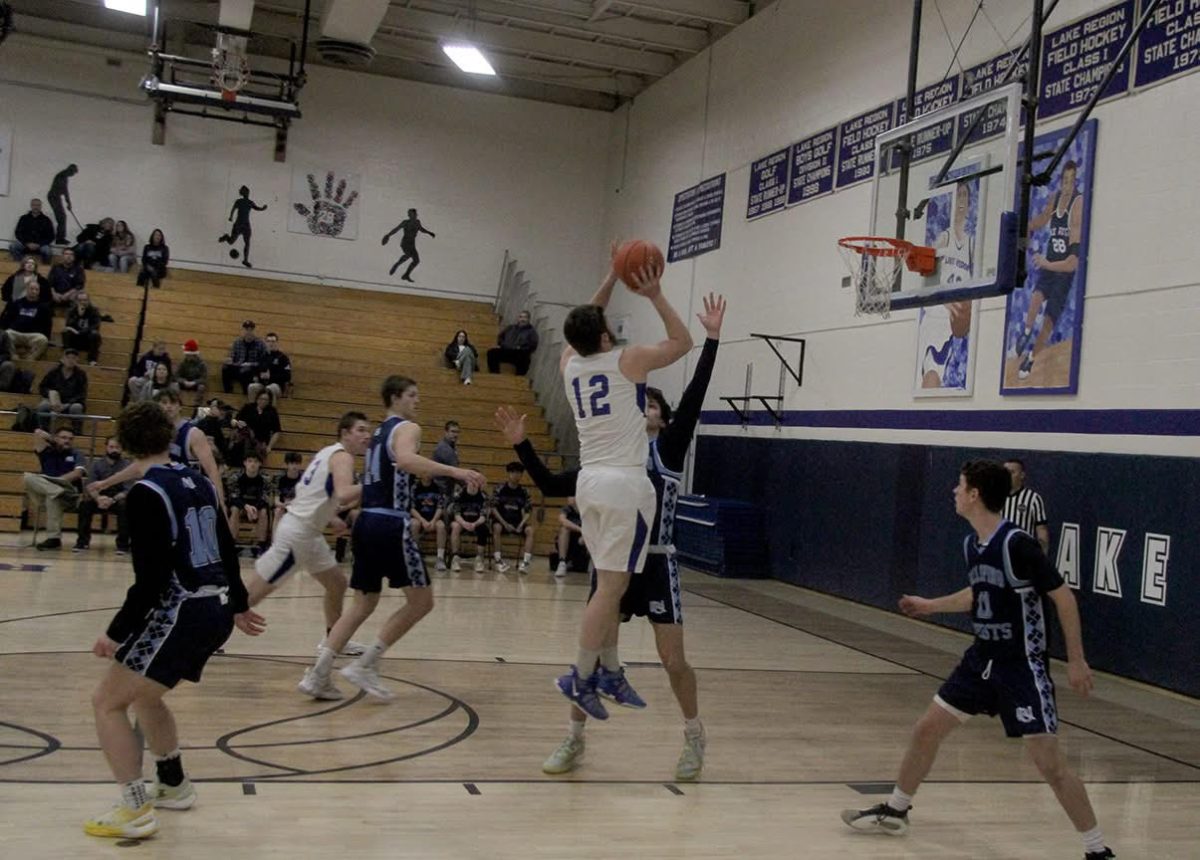Students spend the first eight months of school learning the ins and outs of AP topics like English, Psychology, Calculus and more. Day after day is spent slaving over notes and homework all leading them to the final battle that is the AP exam in May. But, what happens after this? The students are left with a month left of regular (non-AP) classes, and the teachers have to make the choice to create new lesson plans to fill the remaining time or let the students begin an early summer. The teachers at LR seem to have different ideologies. It is hard to keep students engaged when they know the point of the class is already over, but certain teachers try to utilize the remaining weeks to practice other important skills or try learning about new fun or challenging topics.
What’s the Official Policy?
There actually isn’t an official policy. Talking to Mr. Mess, teachers have always had leeway with the classes. In the past there have been two main approaches adopted by teachers:
Provide the equivalent amount of contact time or outside of the class work to make up for the time missed
Continue teaching and skill development until the rest of the classes are over
It has always been understood that teachers have an obligation to provide the students with “contact time.” This can be achieved through extra homework, zooms, group study sessions, extra credit projects, and AP Classroom videos or assignments.
Teachers For Early Summer
Some teachers believe that it makes sense to let their students begin their summer vacations early after the final AP exam. After all, the students worked very hard leading up to the exam, keeping their grades up, studying, and stressing over their MQCs and FRQs. Usually these teachers assign extra work during the year to make up for the “seat time” that they will be missing after the exam. The consensus seems to be, it makes sense for “content heavy” courses to end early because learning after the test won’t do much good for the performance on the test.
Teachers For Deeper Engagement
We do have some teachers that believe it is a huge detriment to our school that we tell our college bound students that they do not have to learn after a test. It sets the standards for expectation in May to be low. As a student it is hard to admit that I agree somewhat with this idea. While it is nice as a teenager to have that pressure lifted from your shoulders following the big test, it can feel like your time is being somewhat wasted. The students let out of their classes early often hang out around the school taking study halls or just leave to do whatever they please. Having the continued stability and consistency of that class can be good. The majority of the time these students are the ones heading off the colleges at some point within the next few years, once they take a test there, school doesn’t just end. Letting the kids go free following the AP exams could impact their habits and motivation in coming years.
Letting the students go early also undermines the philosophy of learning for its own sake. Learning has intrinsic values, and learning has a value past taking a test. This practice has the ability to compromise kids’ relationship to the other ongoing classes, which overall is a bad look for the community and our school. It also never hurts to throw in some fun class activities to bring the students back and practice their skills. For example, the AP Biology class got to dissect a fetal pig after their exam in 2023.
Some teachers also make the argument that additional homework doesn’t make up for actual “contact time”. They see the definition of “contact time” as actual face to face time with the students in the form of things like extra study sessions before or after school. They say, making up for that contact time with homework could potentially raise questions about homework in other classes not working the same way. Does this mean if enough homework is given to students in non-AP classes they can end those classes early too?
Teachers on the fence
Some agree that the time allocated in or out of class has more to do with the subject you’re learning than it does the teacher’s practice. With classes that are being taught to fit the specific parameters of the Official College Board AP Exam, probably don’t have much else to teach after the exam is over. On the other hand, classes that teach specific skills over memorization should continue because you can always find more ways to practice that skill. English is a great example of this because, before the AP exam the students are working on the best ways to use those skills towards the test. But, afterwards the students practice writing other types of sample college essays they will need for the coming year. The teachers say this is good practice because writers often learn and work off of each other.
In Summary
We are lucky enough at LR to have teachers our administrators can trust to make the best decisions for our students. Just the fact that there has never been an official policy on the subject speaks volumes for the reputations of our teachers as well as our school community. While the teachers will probably remain split on this topic it will be interesting to see if any other fun post-exam classes start to pop up this spring as the weight of the exams are lifted. And a special thank you to all the hard work teachers do to keep us AP kids on track and on schedule to learn all of this valuable information.



































